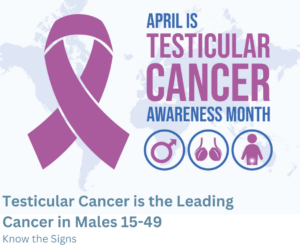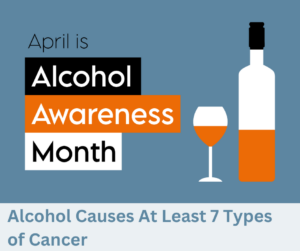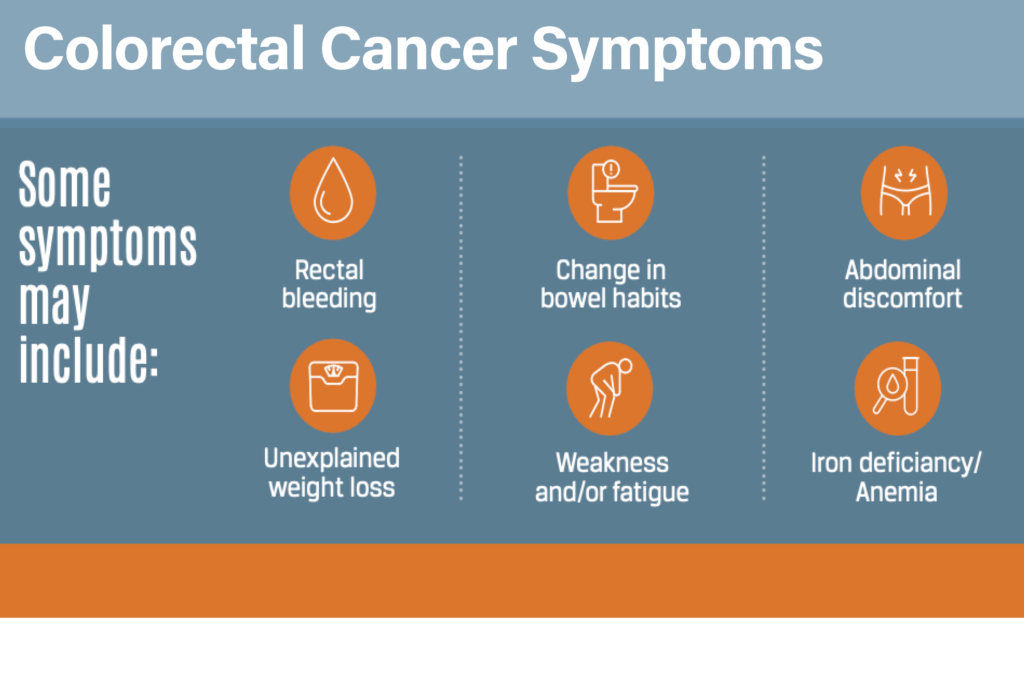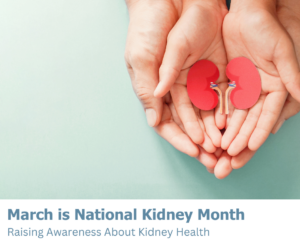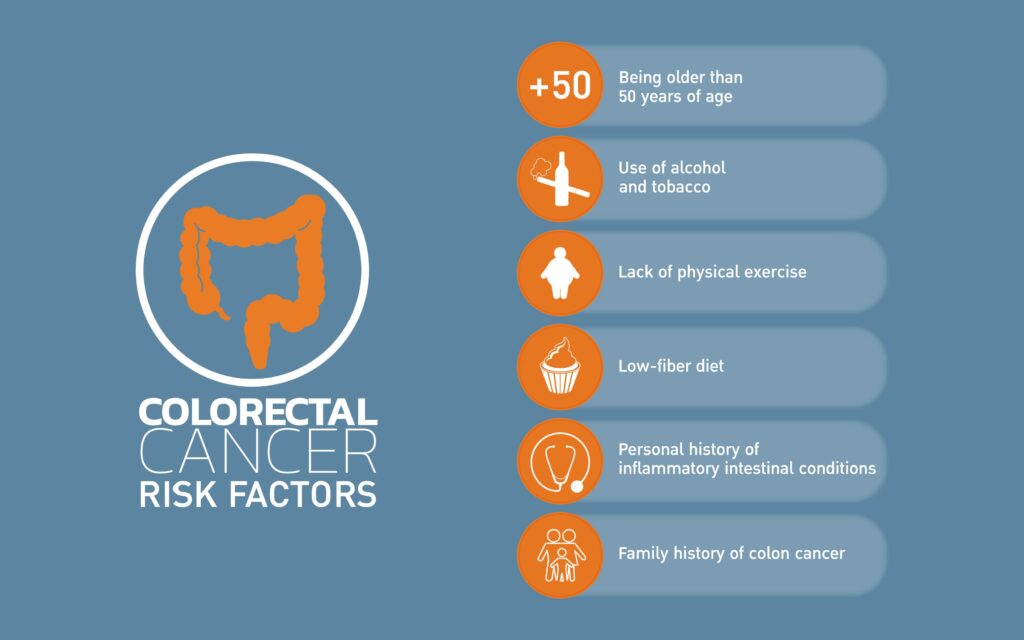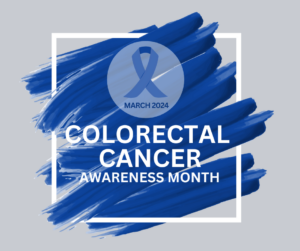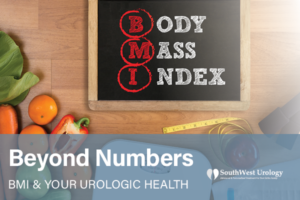Exploring Treatment Options for Testicular Cancer: A Comprehensive Guide
Facing a diagnosis of testicular cancer can be overwhelming, but knowing your treatment options can provide clarity and direction. There are several treatment modalities available for testicular cancer, highlighting their benefits, considerations, and potential side effects. Treatment for testicular cancer is highly individualized and may involve a combination of surgery, radiation therapy, chemotherapy, targeted therapy, or participation in clinical trials. By working closely with their healthcare team and exploring all available options, patients can make informed decisions about their care and improve their chances of a successful outcome.
Surgery: Surgery is often the primary treatment for testicular cancer. The most common surgical procedure is a radical inguinal orchiectomy, which involves the removal of the affected testicle through an incision in the groin. In cases where the cancer has spread to nearby lymph nodes, a retroperitoneal lymph node dissection (RPLND) may be performed to remove these lymph nodes.
Radiation Therapy: Radiation therapy uses high-energy beams to target and destroy cancer cells. It may be recommended for seminomas or as adjuvant therapy following surgery to reduce the risk of cancer recurrence. Radiation therapy is typically well-tolerated, but it may cause side effects such as fatigue, skin irritation, and long-term infertility.
Chemotherapy: Chemotherapy involves the use of powerful drugs to kill cancer cells or slow their growth. It may be administered before or after surgery, depending on the stage and type of testicular cancer. Chemotherapy regimens for testicular cancer often include a combination of drugs. While chemotherapy can be effective in treating testicular cancer, it may cause side effects such as nausea, hair loss, and increased risk of infection.
Targeted Therapy: Targeted therapy targets specific molecular pathways involved in cancer growth and progression. For example, drugs may be used to treat certain types of testicular cancer that have spread or recurred despite other treatments. Targeted therapy offers the potential for more precise and effective treatment with fewer side effects compared to traditional chemotherapy.


